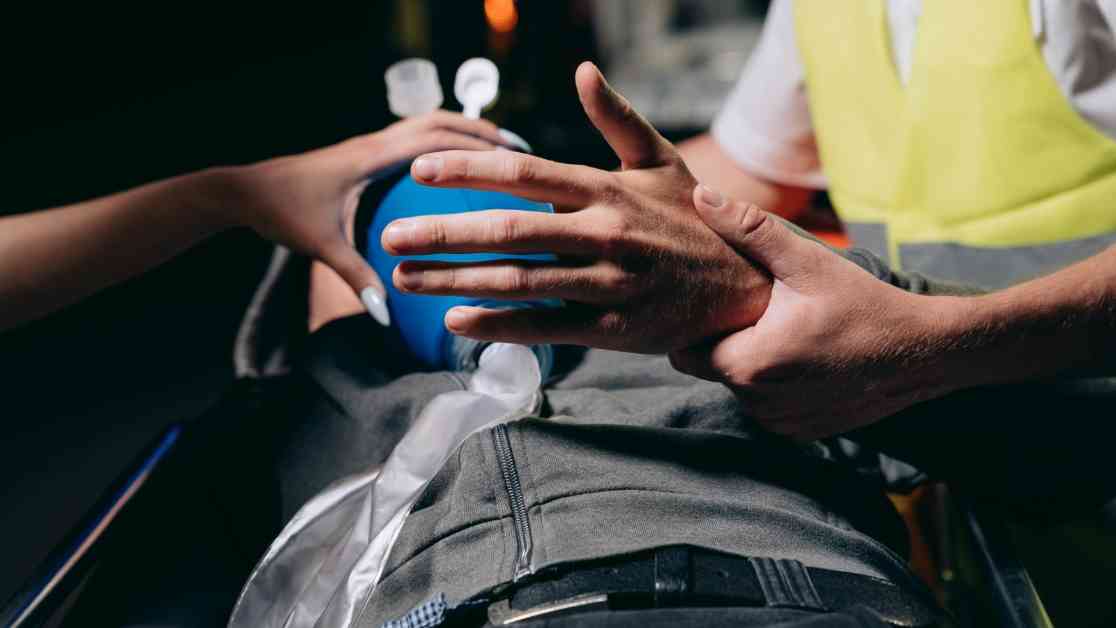A recent surge in cases of Guillain-Barré Syndrome (GBS), a rare but severe neurological disorder, has stirred concern in India, particularly in Mumbai and Maharashtra. Health officials and experts are urging the public to be vigilant, recognize symptoms, and seek prompt medical attention.
Understanding Guillain-Barré Syndrome (GBS)
According to the World Health Organization (WHO), Guillain-Barré syndrome is a rare condition where the immune system attacks peripheral nerves by mistake. While it can affect anyone, GBS is more prevalent in adults, especially men. Despite its rarity, the rapid onset of GBS poses a significant health threat. The escalating number of GBS cases in India has led to a public health alert, prompting authorities to closely monitor and manage the outbreak.
The Current Outbreak: Mumbai And Maharashtra Updates
The outbreak of GBS has impacted various states in India, with Maharashtra reporting the highest number of cases. Mumbai faces a particularly alarming situation, with the recent death of a 53-year-old hospital worker due to GBS complications. As per reports, the state’s death toll has risen to eight, with several individuals hospitalized for treatment. Notably, Nair Hospital in Mumbai is currently treating a 16-year-old girl from Palghar district with GBS, who is in stable condition. The city of Pune has also witnessed a substantial increase in GBS cases, with approximately 160 reported cases since January.
Recognizing GBS Symptoms
GBS typically manifests with rapid and progressive weakness, starting in the feet and spreading to other parts of the body. Sensory changes, such as tingling sensations, formication, and pain, are common due to nerve damage. Other symptoms may include eye muscle problems, swallowing difficulties, coordination issues, irregular heart rate, and digestive problems. Recognizing these signs early is crucial for timely intervention and treatment.
Protecting Yourself: What You Can Do
While Guillain-Barré syndrome is generally not preventable, maintaining good overall health can potentially lower the risk of developing the condition. Simple measures like frequent hand washing, avoiding contact with sick individuals, and adhering to a healthy diet and exercise regimen can bolster the immune system. Additionally, cleaning and disinfecting frequently touched surfaces and staying up to date on vaccinations are recommended preventive steps. The Cleveland Clinic reassures that most individuals recover from GBS with proper treatment, albeit the recovery process may be arduous and prolonged.
In conclusion, staying informed, recognizing symptoms, and adopting preventive measures are essential in combating the spread of Guillain-Barré Syndrome. By prioritizing health and safety, individuals can contribute to mitigating the impact of this concerning neurological disorder. Remember, early detection and proactive care are key in safeguarding against the potential risks posed by GBS.













